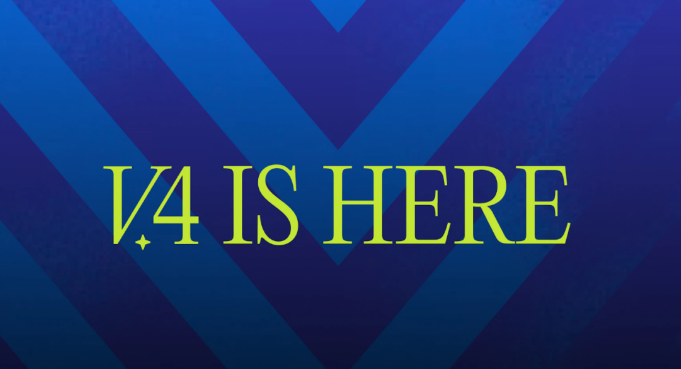According to data recently released by the French streaming platform Deezer, approximately 18% of uploaded songs are entirely AI-generated. This percentage highlights the rapidly increasing use of AI in music creation. The data shows that over 20,000 AI-generated tracks are uploaded to the platform daily, nearly double the rate from four months prior.
Deezer's Head of Innovation, Aurelien Herault, points out that the influx of AI-generated content onto streaming platforms continues unabated. He also mentioned that the company launched a detection tool in January to filter out fully AI-created tracks from its algorithm recommendations, ensuring a curated experience for its 9.7 million users.

Image credit: AI-generated image, licensed through Midjourney.
However, the rapid advancement of AI in the creative industries has sparked numerous legal battles. Many artists, writers, and copyright holders accuse AI companies of using their copyrighted works to train their models without consent or compensation. Music tools like Suno and Udio are facing lawsuits. Global music giants such as Universal Music Group, Warner Music Group, and Sony Music have filed large-scale copyright infringement lawsuits against these AI companies, claiming unauthorized use of their recordings in training AI systems.
Deezer's detection tool can identify outputs from Suno and Udio, further protecting artists' rights. Meanwhile, dozens of prominent musicians, including Billie Eilish, Nicki Minaj, and Stevie Wonder, jointly issued an open letter last year warning that AI music trained on their work could "undermine creativity" and risk marginalizing human artists.
The impact of AI isn't limited to the music industry; it's also stirring controversy in Hollywood and filmmaking. This year's Oscars saw heated discussions surrounding the use of AI in the production and enhancement of several nominated films. In 2023, Hollywood writers and actors staged major strikes demanding stronger protections against AI usage.








